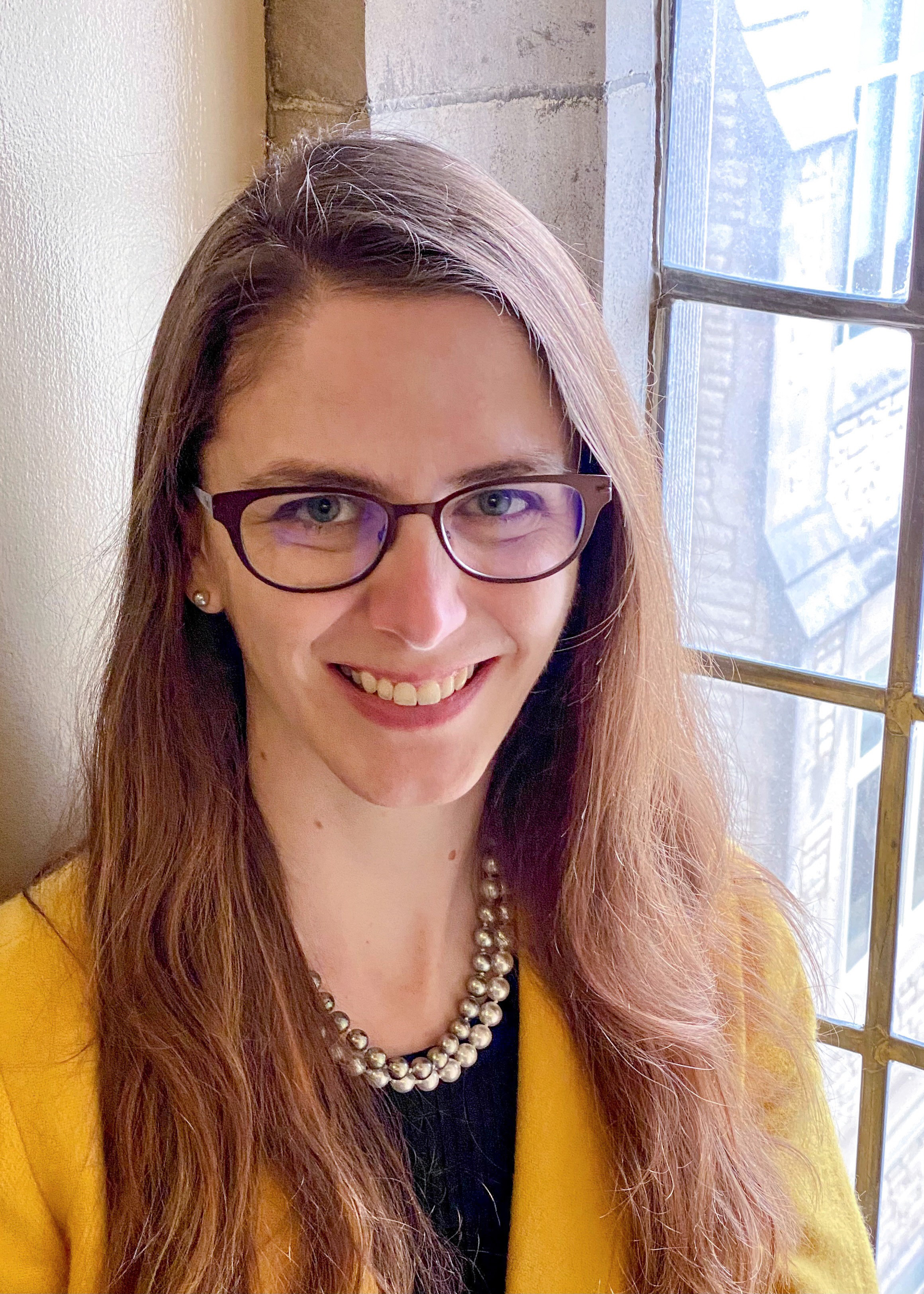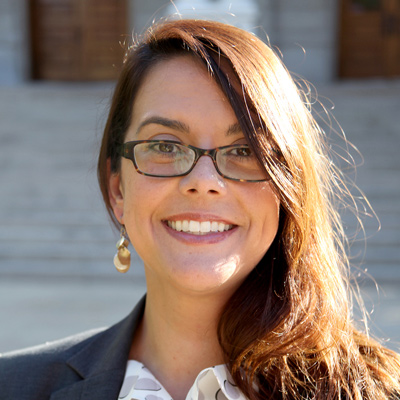Get started with Mizzou
ApplyDoctor of Education
Continue to evolve your practice and how you serve students with an online Doctor of Education in Educational Leadership from Mizzou. Built for K–12, college and university and district administrations, plus nonprofit and consulting professionals, this 54-credit-hour program explores research methods, policy analysis, organizational development and leadership theory through a mix of asynchronous and synchronous course work.
Immediately apply what you learn in your existing position to establish a positive learning environment for all students, staff and families. At the same time, your advanced skill set equips you to adapt to changing leadership expectations, champion your school and community and turn to data to address long-standing challenges.
The online EdD in educational leadership does not lead to professional licensure or certification. If you wish to enhance your degree with these requirements, please contact the ELPA department (ELPA@missouri.edu) to discuss potential options.
About the online EdD in educational leadership
Overseen by Mizzou’s Department of Educational Leadership and Policy Analysis, the program upgrades existing educational leaders’ knowledge base and helps them grow in their current role. Prepare to develop student support initiatives, connect with your institution or district’s surrounding community and lead reform through evidence-based transformation.
The department uses a part-time, cohort-based structure for the online EdD in educational leadership — a format encouraging connections between and fitting into the schedules of current professionals. To graduate determined and reflective practitioners, the program:
- Highlights how educational leaders can formulate solutions to complex problems through research and data collection.
- Covers leadership theories and practices, educational policy, organizational analysis and learning methodologies.
- Emphasizes how educational leaders foster a positive community of learners.
- Touches on the importance of reflective practice to evolve professionally, better serve students and direct organizational change.
- Helps professionals collaborate with a range of stakeholders to achieve specific goals.
Quick facts
Official name
Doctor of Education in Educational LeadershipCampus
Program type
DoctorateAcademic home
College of Education & Human Development | Department of Educational Leadership and Policy AnalysisDelivery mode
100% onlineAccreditation
Higher Learning CommissionCredit hours
54Estimated cost
$31,854.60*This cost is for illustrative purposes only. Your hours and costs will differ, depending on your transfer hours, your course choices and your academic progress. See more about tuition and financial aid.

Career prospects
Change often begins from the top down. With this online doctoral degree, get ready to drive progress in the K–12 or college and university space through a stronger understanding of educational leadership, policy and research.
This degree positions you as an authority for more advanced roles, such as a:
- College or university administrator
- College professor or instructor
- District superintendent
- Educational consultant
- Principal
- Program director
Program structure
The online doctor of education in educational leadership consists of three components: 54 credit hours of course work, comprehensive exams and a dissertation in practice.
Students take classes entirely online, in asynchronous and synchronous formats, on a semester schedule. The program holds synchronous components on Wednesdays from 5 to 8 p.m. CT. All students attend a virtual orientation event in August before classes officially begin.
The typical student takes two classes each semester (fall, spring and summer) and finishes the program in three years.
Coursework includes
Expanding upon your background, the online EdD in educational leadership investigates:
- Current issues in educational leadership and policy analysis, plus the policymaking process.
- The characteristics, models, culture and leadership of educational organizations.
- Quantitative, qualitative and mixed research methods, plus relevant tools.
- Examining and implementing strategies to improve classroom learning.
- The process for developing and introducing educational programs.
Review all requirements for the online EdD in educational leadership.
Delivery
100% onlineCalendar system
Semester-basedTypical program length
3 yearsTypical course load
2 classes per semesterAccreditation
The University of Missouri is accredited by the Higher Learning Commission, one of six regional institutional accreditors in the United States.
Faculty spotlight

Lisa Scheese is an assistant teaching professor in the Department of Educational Leadership and Policy Analysis at the University of Missouri with over 20 years of professional and faculty advising experience. She teaches courses in the EdD, higher ed, and BES programs and is the program coordinator for several degree tracks, from the bachelor’s to doctoral levels, including the Graduate Certificate in Academic Advising.

Minseok Yang is an assistant professor within the College of Education and Human Development at the University of Missouri. His research interests include educator labor markets, school reforms and teachers' unions. To generate insight and understanding into challenges faced by students, teachers and school leaders, he uses a variety of research methods, including machine learning, to analyze large-scale data.

Dajanae Palmer is an assistant professor and the John C. Weaver Faculty Fellow in Higher Education Administration in the College of Education and Human Development at the University of Missouri. Dr. Palmer's research interests are in examining and uplifting the experiences of graduate students, exploring feminist methodologies and using critical theories to analyze the systems of domination in higher education.

Casandra Harper is and associate professor of higher education in the Department of Educational Leadership and Policy Analysis at the University of Missouri. Dr. Harper studies the differential effect of college on students across a range of topics including: parent and family engagement in first-generation college students’ lives, student success, and how students and families navigate the financial aid process. She is also a faculty affiliate in the Department of Women’s and Gender Studies. Dr. Harper earned her doctorate in higher education and organizational change from the University of California, Los Angeles.

Emily Crawford-Rossi’s research explores issues related to leadership and immigration in PK–12 public schools in urban and rural contexts. Dr. Crawford-Rossi’s research examines the intersections among immigration policy, educational policy and leadership and ethics. Her projects seek to understand the ways PK–12 educators — particularly school leaders — perceive and provide educational and schooling access for immigrant students and families of mixed legal status. Her work has been published in top journals, including Educational Administration Quarterly, Educational Policy, Equity & Excellence in Education, Journal of School Leadership and others. She is a senior associate editor for the American Journal of Education.
She teaches courses on PK–12 politics and policymaking and ethics for educational leaders and school practitioners pursuing a degree in educational administration, educational policy analysis and the history of U.S. educational policy.
